Sunday, March 7th marks fifty-six years to the day when Hosea Williams of the Southern Christian Leadership Conference (SCLC) and John Lewis, Chairman of the Student Nonviolent Coordinating Committee (SNCC), led a group of Civil Rights marchers across the Edmund Pettus Bridge. They were stopped by 150 Alabama state troopers, sheriffs deputies, and possemen, who ordered the demonstrators to disperse. That’s the account from the National Archives of a day that burns in our hearts and minds every time we see the images of 600 innocent protesters being beaten mercilessly. Yet, over a half-century later we are still crossing that bridge.
The Power of Voting
Anything that someone is trying that hard to stop you from doing, must be important
The march across the Pettus Bridge evolved around voting rights. The same rights were at the heart of the 2020 presidential election. The votes that President Trump tried to nullify from the Black and brown communities. Voter suppression then as now is a way of marginalizing the power of any people. “My vote doesn’t count” or “my vote isn’t going to change anything” is a common refrain among some Blacks. That is far from the truth. Trump won the presidency in 2016 by some 80,000 voices across 3 states. He lost it by an even slimmer margin. The logic should speak for itself. Anything that someone is trying that hard to stop you from doing, must be important.
History of the Voting Rights Act
Voter suppression has plagued the Black community ever since the end of slavery. Such tactics as literacy tests, poll taxes, and other tactics that most white voters couldn’t pass were prominent. However, it was Bloody Sunday, with the whole country watching, that persuaded President Lyndon Johnson to call for comprehensive voting rights legislation. In a speech to a joint session of Congress on March 15, 1965, the president outlined the devious ways in which election officials denied African American citizens the vote. In that 48 minute speech, he speaks of the “dignity of man and the destiny of democracy.”
Johnson signed the Voting Rights Act into law on August 6, 1965, with Martin Luther King, Jr. and other civil rights leaders present at the ceremony. That should have been the end of voter suppression but it wasn’t. In 2013 the Supreme Court basically gutted the Act by removing the provision that required certain states and localities with a history of discrimination against minority voters to get changes cleared by the federal government before they went into effect. Since the 2013 ruling, states moved quickly to adopt new laws to make it more difficult for Blacks to vote.
Voter Suppression Continues
Texas and North Carolina moved quickly to enact new voter ID laws and other restrictions. Although southern states have led the charge, they don’t stand alone. A number of other states have followed. Ohio and North Dakota, among others, moved quickly on suppression tactics. The results of the 2020 presidential election are moving states like Arizona, Pennsylvania, Michigan, and Wisconsin to join their southern cohorts like Georgia and Alabama.
Suppression efforts range from the seemingly unobstructive, like voter ID laws and cuts to early voting, to mass purges of voter rolls and systemic disenfranchisement. Most people take a government-issued ID for granted. However, that’s not the case for over 21 million citizens. The combination of cost and lack of underlying documentation can be barriers. Add to that the elderly, disabled, and people living in rural areas and it becomes clear that obtaining a government ID is not as easy to obtain as we think.
Other maneuvers include gerrymandering to redraw district lines that minimize the value of a vote, manipulating poll hours and locations, eliminating Sunday voter registration hours to restrict the traditional Sunday voter registration campaigns by Black churches. Already in 2021, more than 250 bills in 43 states have been introduced by Republican state legislators that create more unnecessary barriers to voting.
H.R. 1 and The Voting Rights Advancement Act of 2019
Two key pieces of legislation are before the US Senate. H.R.1 – For the People Act of 2021 and S.4264 – Voting Rights Advancement Act of 2019 renamed the John R. Lewis Voting Rights Act in July of last year. It was sent to the Senate where it languished under a Republican-led Senate and Mitch McConnell. The 78-year-old majority leader refused to hold hearings or move it to a Senate vote.
Some of the key provisions of H.R. 1 include:
- Requiring states to offer same-day voter registration for federal elections
- Permitting voters to make changes to their registration at the polls
- Requiring states to hold early voting for at least 15 days
- Establishing automatic voter registration
Even now, with a Democratic-led Senate, the chances of these bills passing are in jeopardy without some political maneuvering to prevent a filibuster. Filibustering is a tactic that delays the vote on a piece of legislation by prolonged debate. It’s basically designed to run the clock out so that it never comes to a vote. To stop a filibuster requires two-thirds of the Senate – 60 votes. In a Senate deadlocked with 50 Republicans and 50 Democrats, the chance of 10 Republicans breaking ranks is virtually none. Even then the Democratic party has to rely on holding its 50 members in line. It only takes one Democrat to break ranks.
One Last Bridge to Cross
So here we stand. Facing the Edmund Pettus Bridge once again. Remembering the lives lost. The blood that’s been shed. The dreams deferred. The day 600 brave men and women of a common mindset – to cross a bridge. Voting rights continue to hang in the balance with white supremacy raising its ugly head. Sometimes the moment is bigger than any of us. If a southern president could implore Congress to pass the Voting Rights Act of 1965 surely a Democratic Congress in 2021 can rise to the moment. Congress needs to take whatever measures it can to pass H.R.1 and the John Lewis Voting Rights Advancement Act. It’s time to cross that bridge.
“History will not be kind to us. So you have a moral obligation, a mission and a mandate, to speak up, speak out and get in good trouble. You can do it. You must do it. Not just for yourselves but for generations yet unborn.” – John Lewis
***
S.4263 – John Lewis Voting Rights Advancement Act
Why Congress must pass HR 1 and the John R. Lewis Voting Rights Act
From Rep. John Lewis, quotes in a long life of activism
Analysis: New and age-old voter suppression tactics at the heart of the 2020 power struggle
Block the Vote: Voter Suppression in 2020
Republican Voter Suppression Efforts Are Targeting Minorities, Journalist Says
In 2013 the supreme court gutted voting rights – how has it changed the US?
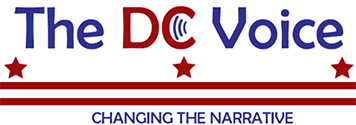










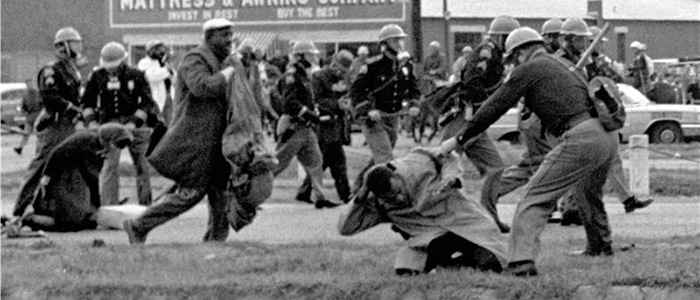


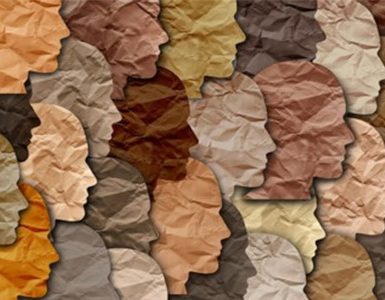

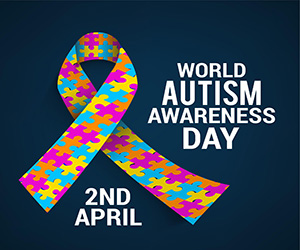
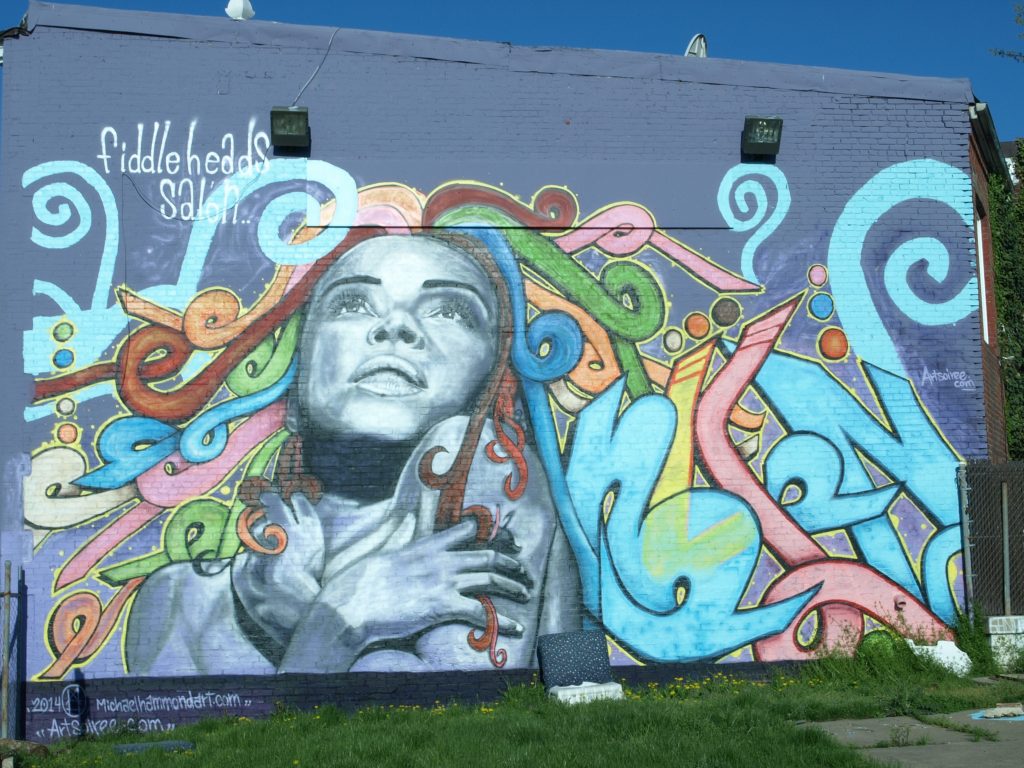
Add comment